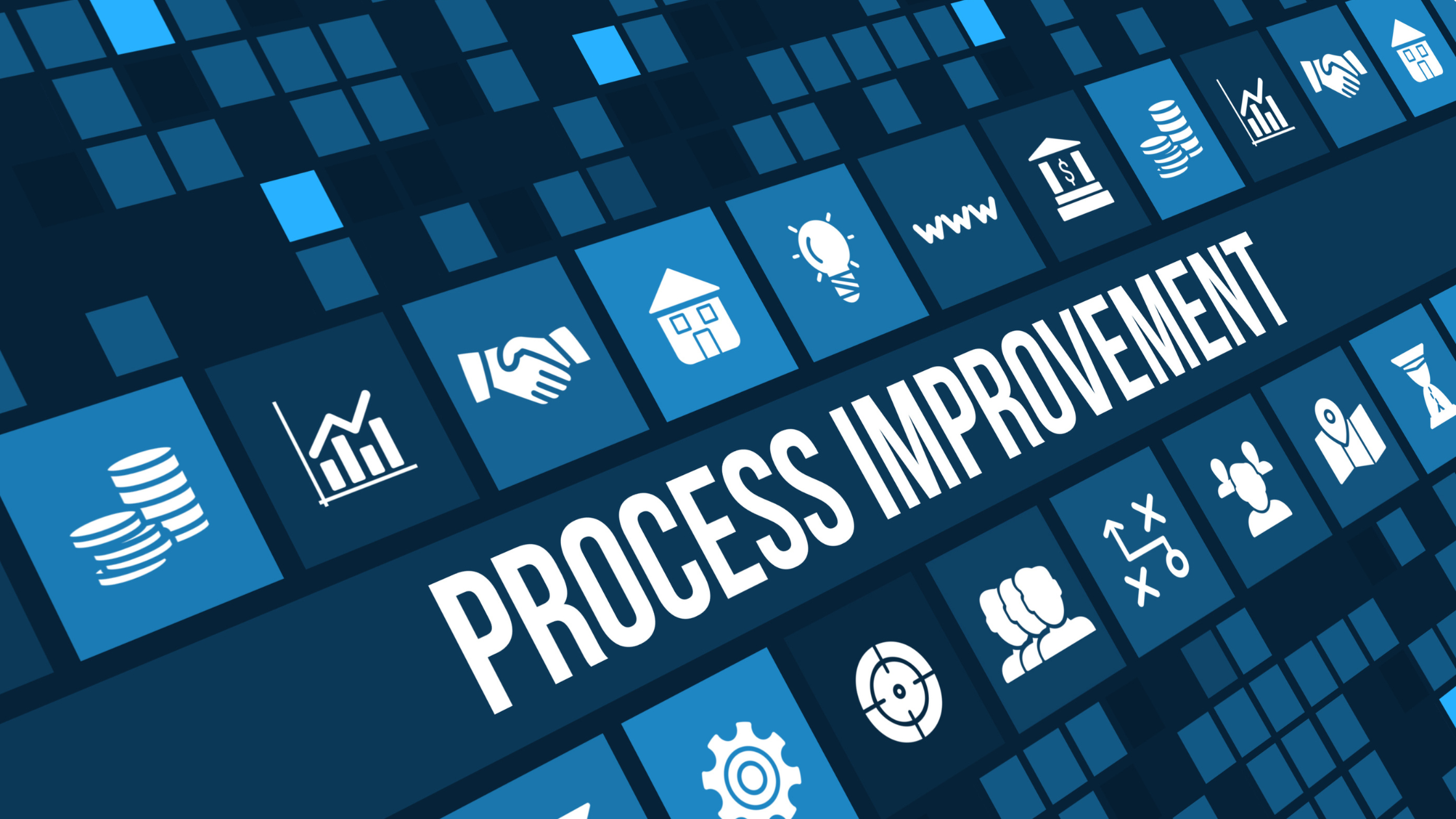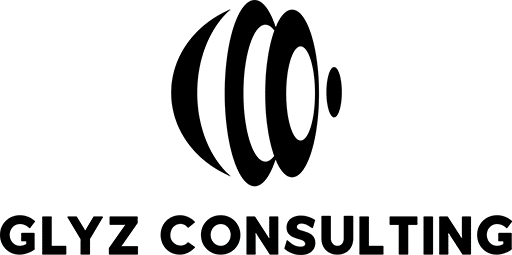
Streamlining Processes for Growth in a Digital Age
Introduction: What is Operational Excellence?
Operational excellence refers to the continuous improvement of business processes, driven by the goal of maximizing efficiency, reducing waste, and delivering superior value to customers. In the digital age, achieving operational excellence is more critical than ever, as businesses face increasing competition, rapidly changing technology, and evolving customer expectations.
This blog explores how businesses can streamline their processes to achieve operational excellence, leveraging technology, data, and innovation to drive growth and remain competitive in today’s fast-paced market.
Key Principles of Operational Excellence
Lean Thinking: Eliminating Waste in Processes
Lean thinking is one of the core principles behind operational excellence. It involves identifying and eliminating waste from processes to create more efficient workflows. Waste can take many forms, including excess inventory, unnecessary steps in a process, or inefficient resource allocation.
By applying lean thinking, businesses can streamline operations, reduce costs, and improve customer satisfaction. This approach focuses on continuous improvement and optimizing processes for maximum efficiency.
Data-Driven Decision-Making
Data plays a pivotal role in operational excellence. By collecting, analyzing, and leveraging data, businesses can make informed decisions that lead to improved processes and better overall performance. Data-driven decision-making allows organizations to identify inefficiencies, forecast demand, and track KPIs to measure the success of their operational strategies.
Implementing data analytics tools and creating a data-driven culture are essential steps in streamlining processes and driving operational excellence.
Customer-Centricity
Another key principle of operational excellence is putting the customer at the center of every decision. Processes should be designed with the customer’s needs in mind, ensuring that the products and services delivered are of the highest quality and meet or exceed customer expectations.
By focusing on the customer experience, businesses can drive loyalty, increase retention, and ultimately achieve sustainable growth.
Leveraging Technology for Operational Excellence
Automation: Reducing Manual Work
Automation is one of the most effective ways to streamline processes and achieve operational excellence. By automating routine, manual tasks—such as data entry, inventory management, and customer support—businesses can reduce human error, speed up workflows, and free up employees to focus on higher-value activities.
Automation tools, such as robotic process automation (RPA), are increasingly being adopted across industries to improve operational efficiency and reduce costs. Implementing automation not only increases productivity but also allows businesses to scale their operations more easily.
AI and Machine Learning: Enhancing Process Optimization
Artificial intelligence and machine learning are revolutionizing how businesses optimize their processes. AI can analyze vast amounts of data to identify patterns and recommend ways to improve operations, while machine learning algorithms can continuously improve processes over time by learning from new data inputs.
For example, AI can help streamline supply chain management by predicting demand, optimizing inventory levels, and ensuring timely deliveries. Similarly, AI-powered chatbots can handle routine customer inquiries, freeing up human agents to tackle more complex issues.
Cloud Computing: Enabling Scalability and Flexibility
Cloud computing is another critical technology for achieving operational excellence in the digital age. By migrating business operations to the cloud, companies can access scalable resources, improve collaboration, and reduce IT overhead.
Cloud-based platforms enable businesses to quickly scale up or down depending on demand, and they provide flexibility for remote teams to collaborate in real time. The ability to access data and applications from anywhere also improves operational agility, allowing businesses to respond more quickly to changes in the market.

Streamlining Processes for Business Growth
Improving Workflow Efficiency
One of the first steps in achieving operational excellence is to map out existing workflows and identify bottlenecks or inefficiencies. Workflow automation tools can be used to streamline tasks, reduce duplication, and ensure that processes flow smoothly from one stage to the next.
By improving workflow efficiency, businesses can reduce operational costs and deliver products and services faster, contributing to overall growth.
Standardizing Processes Across Teams
Standardizing processes across departments is key to achieving operational consistency and reducing errors. When teams follow standardized procedures, there is less room for miscommunication, and tasks can be completed more efficiently.
Businesses should document their processes, create clear guidelines for employees, and provide ongoing training to ensure that everyone follows the same approach. This not only improves operational efficiency but also makes it easier to onboard new employees and scale operations.
Real-Time Monitoring and Process Optimization
Technology allows businesses to monitor their operations in real time and make adjustments as needed. With IoT devices and data analytics tools, businesses can track performance metrics, monitor equipment health, and optimize resource allocation based on current conditions.
By having real-time visibility into their operations, businesses can quickly identify areas for improvement and implement solutions before problems escalate. This proactive approach to process optimization is essential for maintaining operational excellence.
The Role of Leadership in Achieving Operational Excellence
Building a Culture of Continuous Improvement
Achieving operational excellence requires more than just technology and process changes—it requires a cultural shift. Leadership plays a crucial role in building a culture of continuous improvement, where employees are encouraged to identify inefficiencies and suggest improvements to processes.
Leaders should foster an environment where feedback is valued, and employees at all levels are empowered to contribute to the company’s operational success. This culture of continuous improvement ensures that businesses can adapt to new challenges and maintain operational excellence over the long term.
Aligning Operations with Business Strategy
Operational excellence must be aligned with the overall business strategy. Leaders should ensure that operational improvements are directly tied to the company’s long-term goals, such as improving customer satisfaction, increasing profitability, or expanding into new markets.
By aligning operational initiatives with strategic objectives, leaders can ensure that process improvements contribute to business growth and create a competitive advantage.

Real-World Example: Toyota’s Lean Manufacturing Success
Toyota is widely recognized as a leader in operational excellence, particularly through its implementation of lean manufacturing principles. Toyota’s focus on eliminating waste, standardizing processes, and continuously improving workflows has made it one of the most efficient manufacturers in the world.
The Toyota Production System (TPS) emphasizes a culture of continuous improvement, where employees are encouraged to identify inefficiencies and suggest improvements. This approach has not only increased operational efficiency but also contributed to Toyota’s ability to produce high-quality vehicles at scale.
Achieving Operational Excellence for Long-Term Growth
In the digital age, operational excellence is more important than ever for businesses looking to achieve sustainable growth. By streamlining processes, leveraging technology, and fostering a culture of continuous improvement, businesses can improve efficiency, reduce costs, and enhance customer satisfaction.
Achieving operational excellence requires a strategic approach that aligns operations with overall business goals and embraces innovation. By following the principles outlined in this blog, businesses can position themselves for long-term success and stay competitive in an ever-evolving market.

FAQ
What is operational excellence?
Operational excellence is the practice of continuously improving business processes to maximize efficiency, reduce waste, and deliver better value to customers.
How can businesses achieve operational excellence?
By adopting lean principles, leveraging technology such as automation and AI, and fostering a culture of continuous improvement, businesses can achieve operational excellence.
Why is automation important for operational excellence?
Automation reduces manual work, increases efficiency, and frees up employees to focus on higher-level tasks, contributing to streamlined operations and business growth.
What role does data play in operational excellence?
Data-driven decision-making allows businesses to optimize processes based on real-time insights, track performance metrics, and identify areas for improvement.
How does leadership contribute to operational excellence?
Leadership is essential in creating a culture of continuous improvement, aligning operations with business strategy, and empowering employees to contribute to process optimization.
About Glyz Consulting
We’re specialist in pharma industry digital marketing and customer engagement. At Glyz Consulting we are passionate about bridging the gap between pharmaceutical companies and healthcare professionals. With more than 65+ years of combined experience in crafting strategies that resonate with HCPs, we aim to foster collaborations that ultimately benefit patient care.
Glyz Consulting – Your Parther in Business Excellence
glyzconsulting.com | contact@glyzconsulting.com


